Queer Joy is a Protest
A look at queer work during the last Trump administration
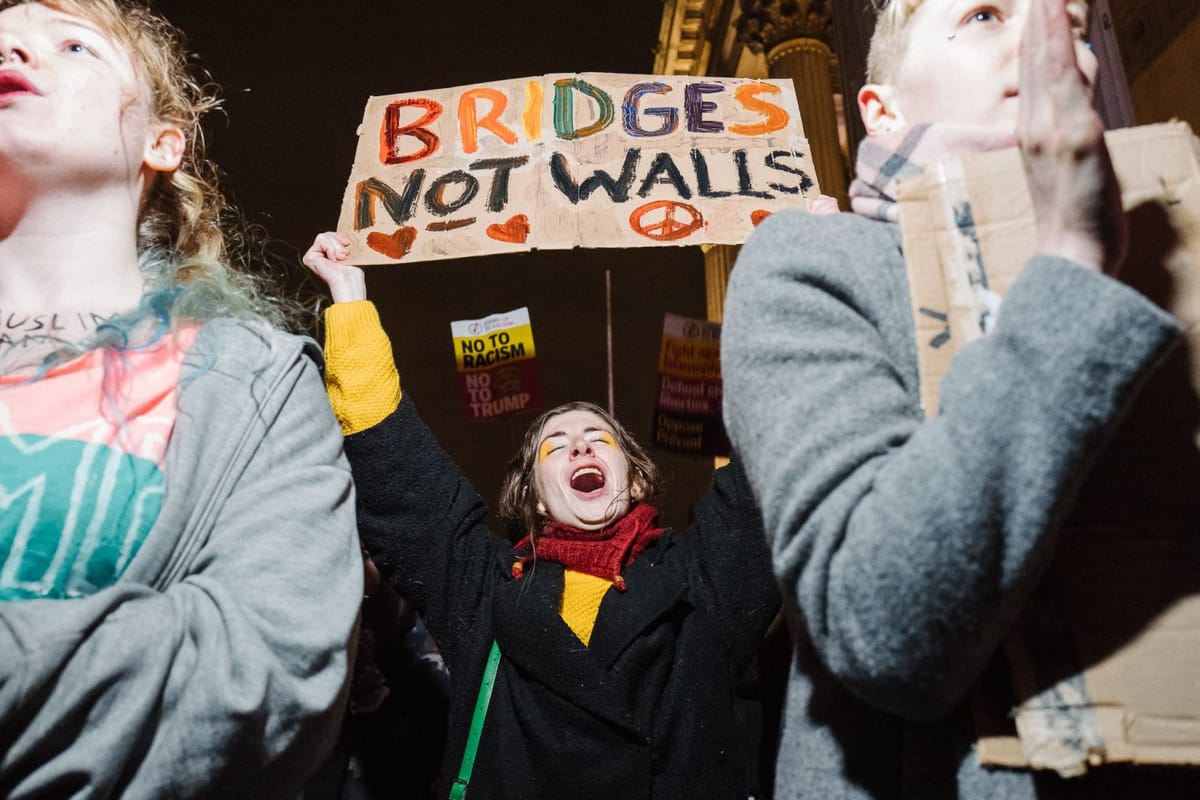
Queer photography during the Trump administration
History doesn’t repeat itself, but it often rhymes. Duck. If we’re playing a familiar tune, what did we do last time? Where was the queerness in protest of Trump in 2017? What does it say about then and now? I photographed a protest in 2017, and here’s what others were doing.
Photography by Elizabeth Raley Osterburger and Drew Pond for a November 2016 article in Huck Magazine;
“Me as an African American out here, and a queen at that? It’s hard. I can’t let shit like this stop me. Life’s too short. Family is hard. I still stay with my people, they’ve got accustomed to me, but it’s hard. Hopefully things don’t change too much for the worse. You can let it stress you, consumer your life. We worry about the next day, the next person, live for ourselves and live for right now.” - JayBella Banks
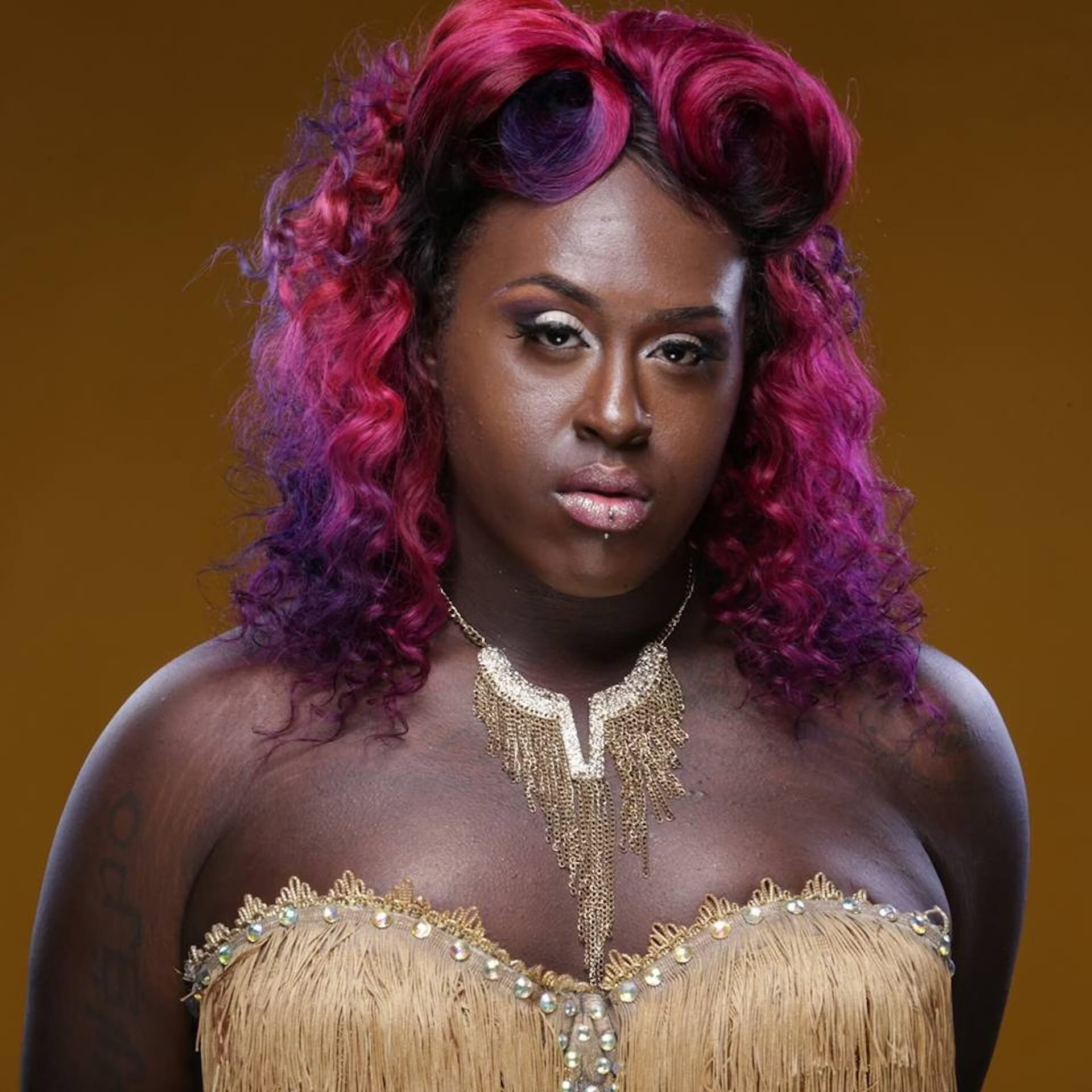
From Tom Bianchi’s work on queer joy and defiance on Fire Island, NYC.
“We’ve created a world that’s more filled with love, where people are valued on multiple levels and not simply categorized by skin color, and—I’m absolutely happy to say this—it’s better than yours.” - Tom Bianchi
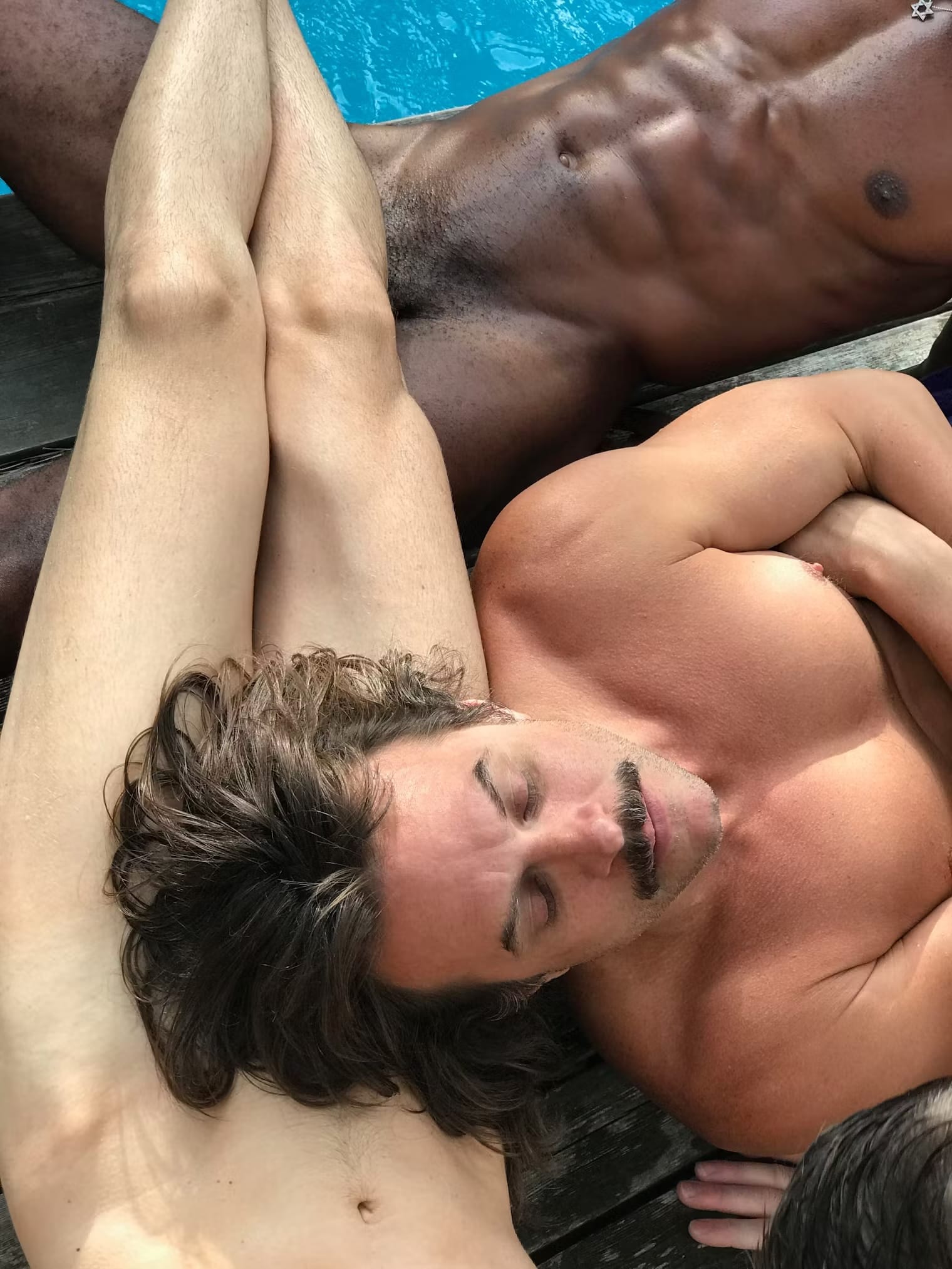
In January 2017, photographer Ron Amato set out to produce a response to Trump. A full interview is available on his site.
“At the core of our humanity is sexuality. To deny sexuality as an important influence in how we build our lives is to deny who we are as living, thriving human beings. Sexual attraction and its fulfilment is key to living a healthy, productive life. The men in these photographs are depicted as having an impediment to that fulfilment, denying them the unalienable rights of life, liberty and the pursuit of happiness.” – Ron Amato
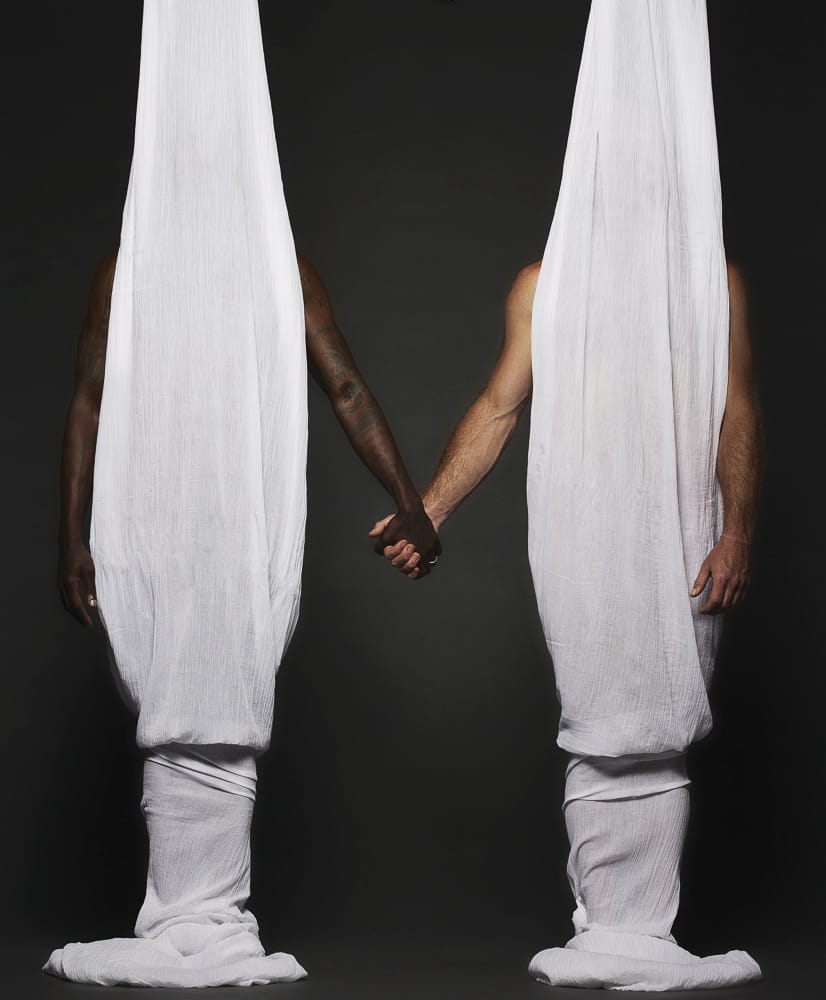
Ken Castaneda questioned what it meant to be queer and Latinx with interesting photographs of home.
“As a Queer Latinx, not only do you have to explain your sexuality but you have to explain that you are American by birth–[that] your identity is ultimately not one solid thing. We have to be visible and proactive. The role of the activist and the artist is even more important now that it has ever been.” - Ken Castaneda
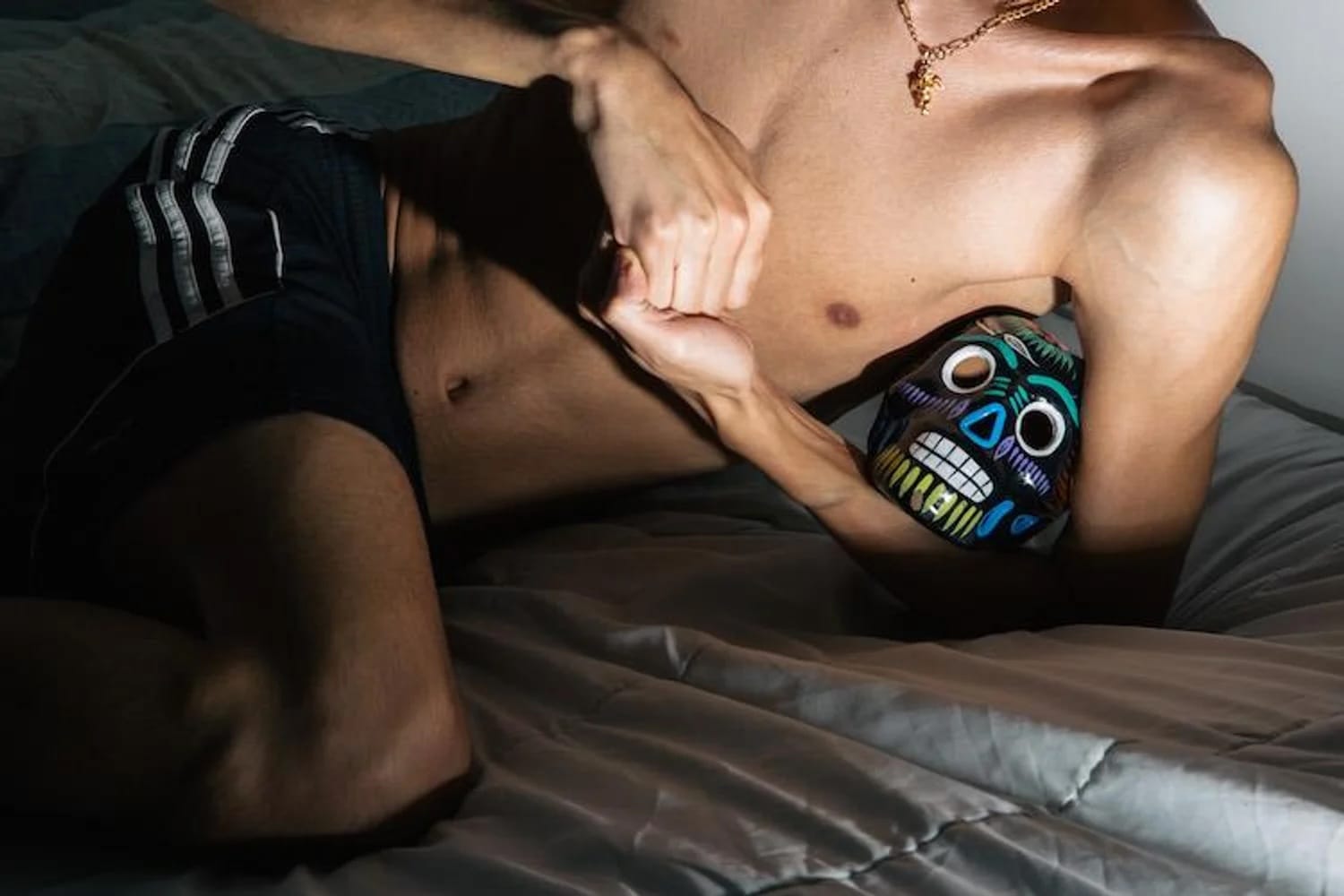
Magnus Hasting, whose work was recently on display at the Walker Art Gallery here in Liverpool, has photographed a diverse range of drag queens.
The whole world was getting depressing, right-wing everywhere, Trump taking trans and LGBTQ+ rights away from us, so I thought I want to stand up and show you can be out and proud.
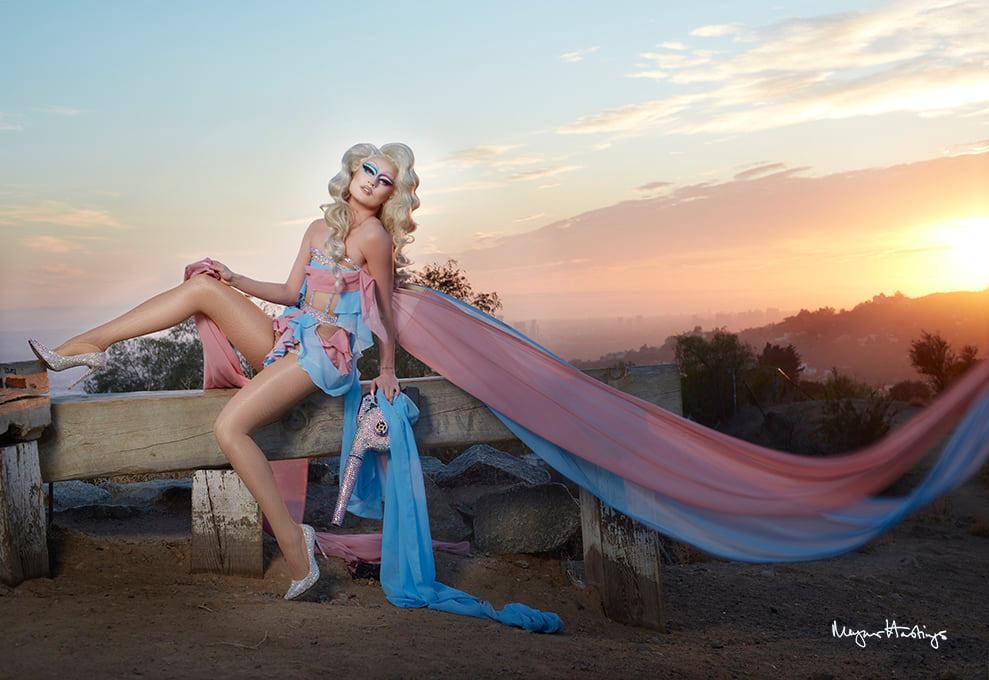
I’m trying to keep my anxiety in check and focus on what I can do to help the communities I’m part of. Stay safe and look after your mental health. If you’re trans and struggling, there’s a lifeline you can call in the US. 877–565–8860.
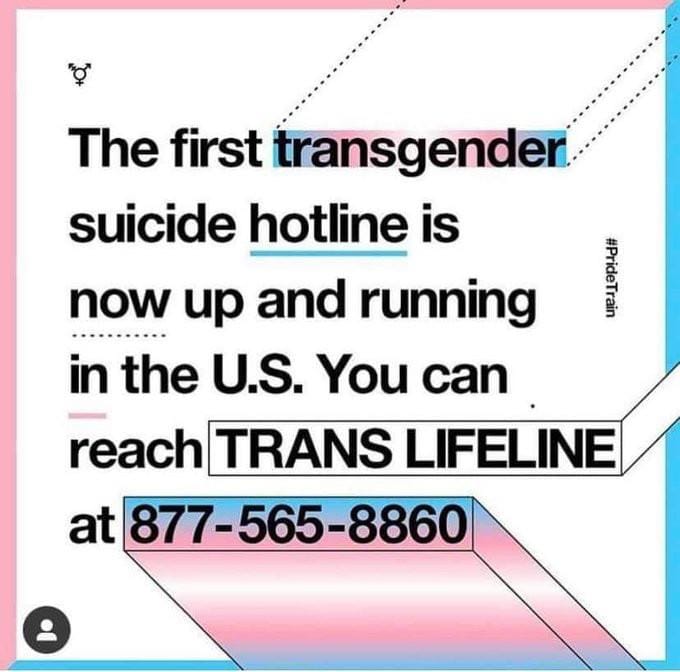

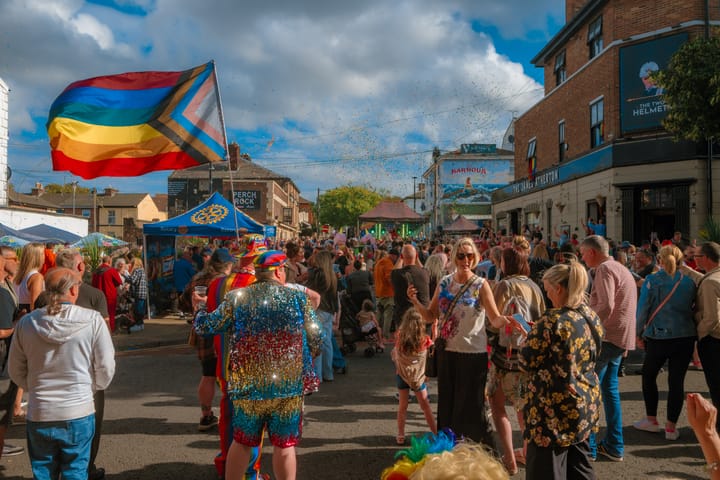
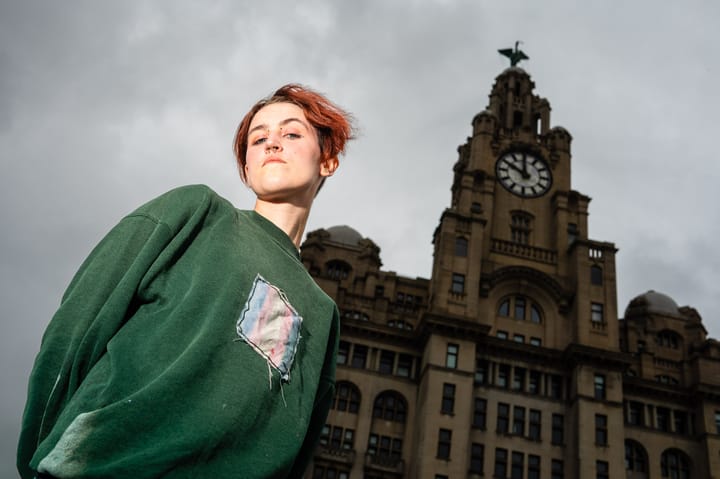
Comments ()